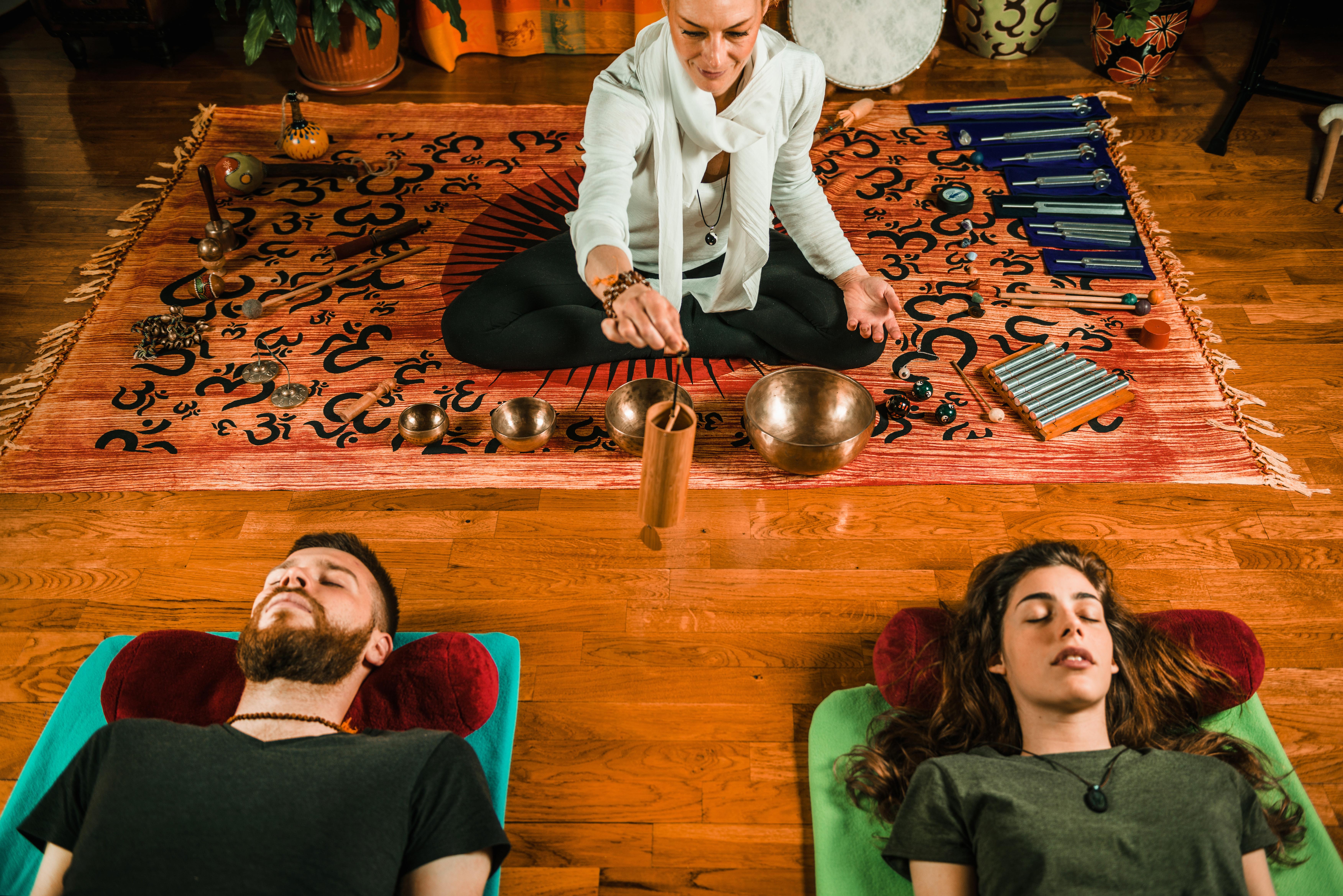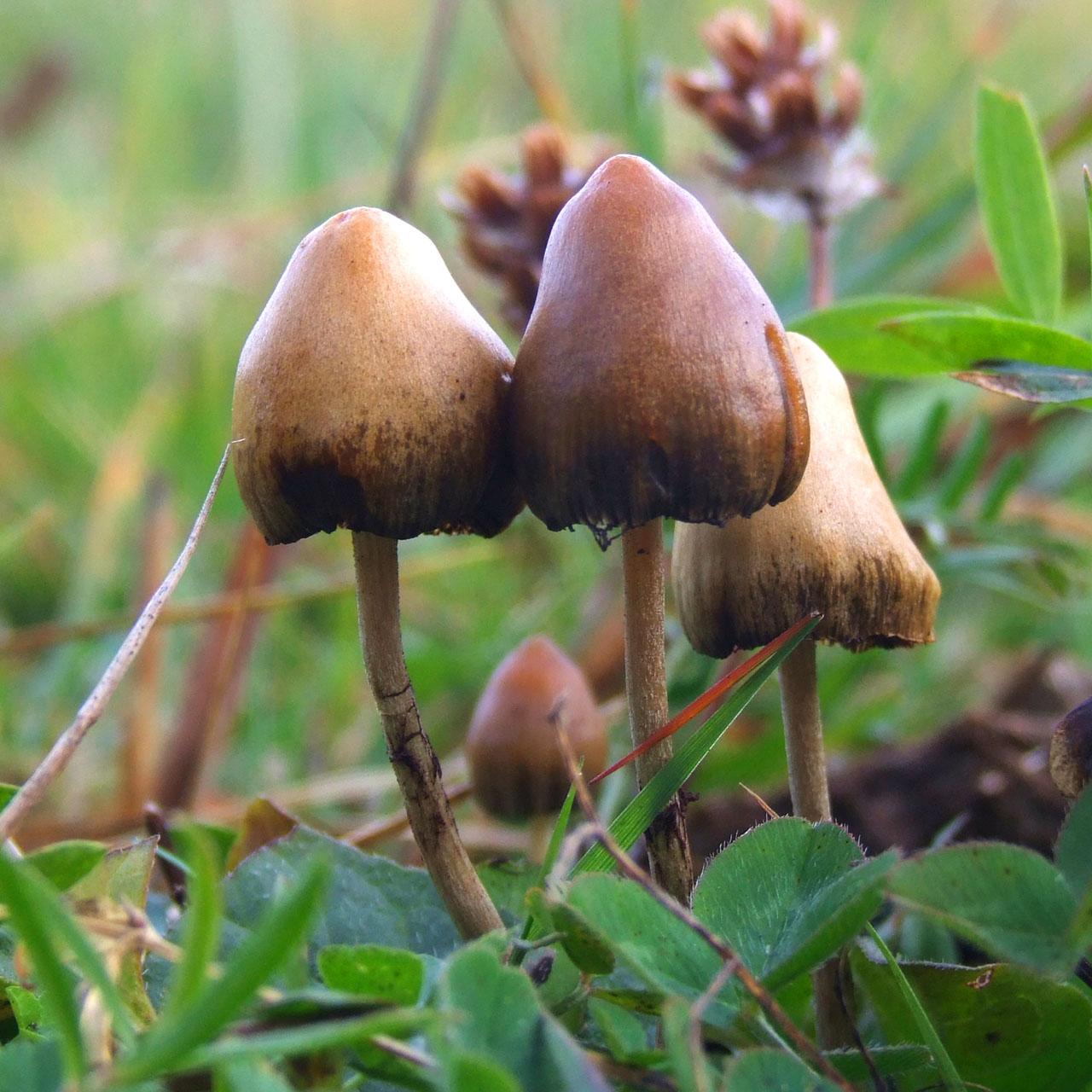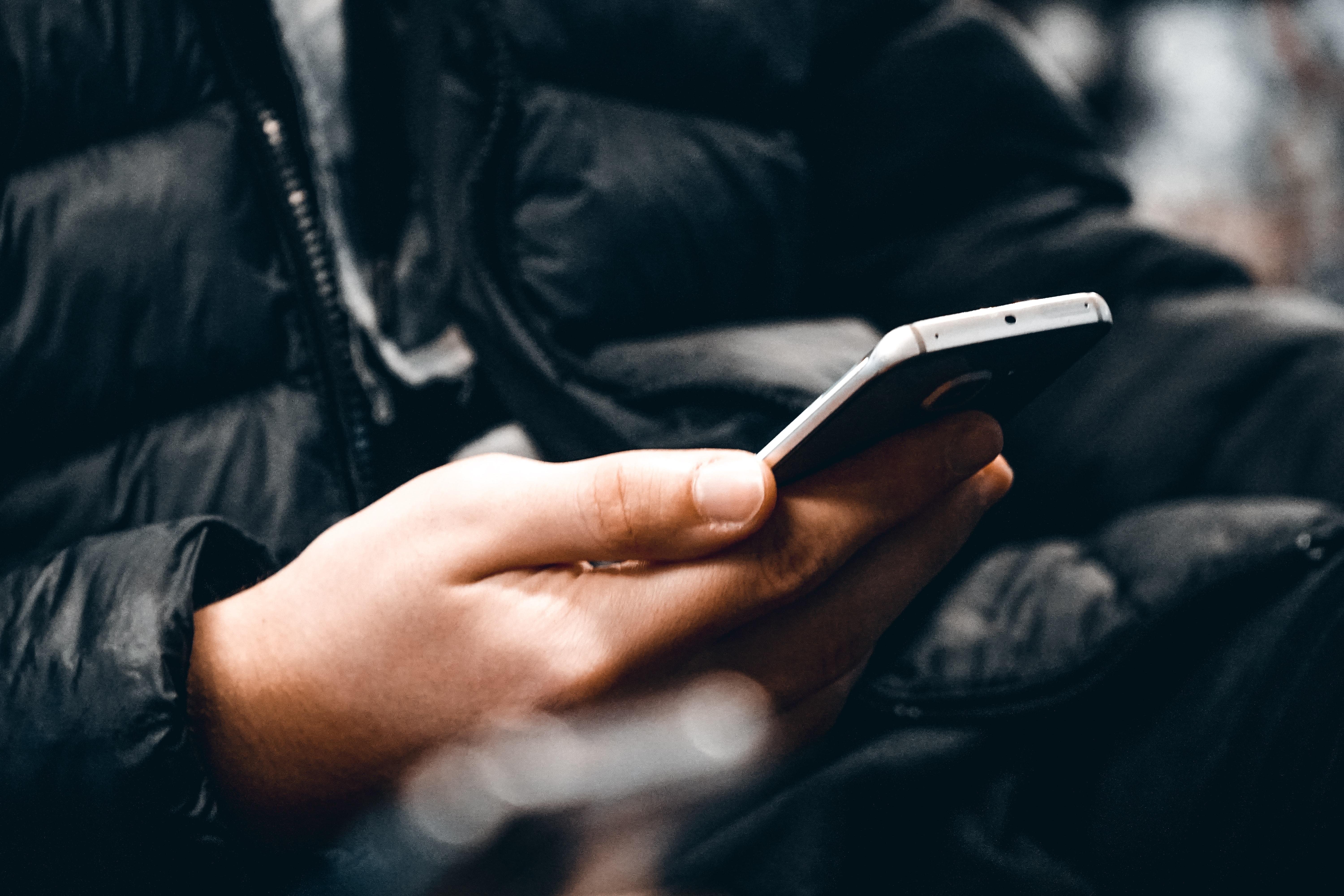Thanks in no small part to the digitization of our social lives, depression is becoming a bigger and bigger issue in western societies. In the space of just one generation, we’ve closed ourselves off and now spend more time in front of screens — on average, 10 hours a day according to a Neilsen report — than we do with our loved ones. Author and journalist and author Johann Hari explains that this isn’t at all how the human species is supposed to behave. He suggests more actual face time with people, more community, and above all: becoming the social creatures that we have been for millennia. Johann’s new book is the fascinating Lost Connections: Uncovering the Real Causes of Depression – and the Unexpected Solutions.
Johann Hari: There’s a really heartbreaking study that asked Americans, “How many close friends do you have that you can call on in a crisis?”
And when they started doing it decades ago the most common answer was five. Today the most common answer is none. It’s not the average but it’s the most common answer.
And I thought a lot about that in so many of the places I’ve been in the United States. I interviewed and got to know an incredible man called Professor John Cacioppo, a world expert on loneliness. He’s at the University of Chicago.
And Professor Cacioppo explained to me, you know, if you think about the circumstances where human beings evolved, right, we evolved—the reason why you’re able to watch this through your laptop or wherever you’re watching it, the reason why we exist is because our ancestors on the savannahs of Africa were really good at one thing. They weren’t bigger than the animals they took down but they were much better at cooperating than them.
Every human instinct human beings have is to be part of a cooperative tribe, right. Bees need a hive. Humans need a tribe. And if you think about the circumstances where human beings evolved, if you were separated from the group you would become depressed and anxious for an incredibly good reason. You were in terrible danger. You were probably about to die. Those are the instincts we still have.
Yet we’ve told ourselves a story that we can live without tribes. We are the first human beings ever to try to live without communities, to imagine that like some cowboy on the horizon—and even the cowboys didn’t do it this way—we can live alone, we can be alone. That’s not the species we are.
And it’s causing, and Professor Cacioppo has proven that this loneliness epidemic is one of the key causes of the epidemic of depression and anxiety that we have across our society.
And I was really interested to find out well, who has acted on that? Who has tried to find an antidepressant for the loneliness crisis? I met an incredible man, one of the heroes of my book Lost Connections called Sam Everington. Sam is a doctor in East London, one of the poorest parts of East London actually where I lived for many years.
And Sam was really uncomfortable because he had loads of patients coming to him who were depressed and anxious. And he had been told in his training even though he knew the science was much more sophisticated than this to tell people, “Well you feel this way because you’ve got a chemical imbalance in your brain,” and just give them drugs.
Like me, Sam is not opposed to those drugs. He’s in favor of them but he just thought this is not enough. This isn’t solving the reason why these people are depressed and anxious.
He could see how lonely and cut-off they were. So he pioneered a different approach. And I’ll tell you about it through one of the patients of his that I got to know.
A woman called Lisa Cunningham came to Sam, and Lisa has been shut away in her home for seven years with crippling anxiety and depression.
She came to Sam and Sam said to her, “Don’t worry Lisa, I’ll give you the drugs, whatever you need. I’m also going to prescribe something different. I’m going to prescribe for you to take part in a group. There was an area behind the doctor’s surgery that was known as “dog crap alley”, right. Because you can sense what it was like, they didn’t really use the word “crap,” I’m being polite. Just an area of scrubland.
And what Sam said is what I’d like you to do is twice a week I’d like you to meet with a group of other depressed and anxious people. We’ll turn out and support you. And I’d like you to just turn this into something beautiful.
The first meeting Lisa was literally physically sick with anxiety. Many of the other people there were shaking. And they started talking to each other. They didn’t know anything about gardening. They were inner city people from East London. As the weeks and months and then years went by, they taught themselves gardening. They had something to talk about that wasn’t how terrible they felt. They could reconnect with the natural world.
There’s incredible evidence that interacting with the natural world is one of the most powerful natural antidepressants we have.
And, as human beings do when we’re in groups, they started to solve each other’s problems. There was a guy in the group who was sleeping on the night bus. Lisa thought, “Well, of course, you’re depressed, you’re sleeping on a bus!”
She was outraged. Her and some other people in the group started pressuring the local authorities to get him housing. They succeeded. It was the first thing they’d done for someone else in years. It made them feel better than doing anything for themselves. And the way Lisa put it to me: As the flowers began to bloom, they began to bloom.
There was a study in Norway which is part of a great body of research of a very similar program that found it was more than twice as effective as chemical antidepressants. I think for obvious reasons. It’s dealing with the reasons why they were so depressed and anxious in the first place. Everywhere I went in the world I found the most effective strategies for depression and anxiety were the places that were dealing with these deeper causes.






